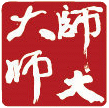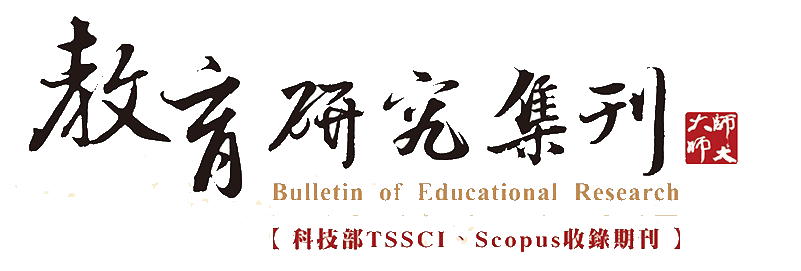| 篇名 | |
|---|---|
| 並列篇名 | Examining the Formation of Official Knowledge: A Contextual Analysis of the Politics of High School "Living Technology" Textbooks |
| 作者 | 王雅玄 |
| 中文摘要 | 本研究從課程綱要轉化為課程文本的教科書政治中,透視官方知識的生成。為釐清政策形塑背後各種利益團體的微觀政治,本研究以多重方法檢視高中生活科技新課程綱要對不同對象的意義,包括訪談四大出版社教科書編寫者與經理八位、分析國立編譯館教科書審查意見55件、電話調查全國高中教科書選用209所,分析教科書編寫、審查與選擇政治。歸納教科書編審選之制度外政治有立委與企業界,制度內政治有教科書政策、國立編譯館、出版社、學校、學科專家、教師。受制於眾多政治性因素,專家學者與出版社妥協於制度外力量,學校教師終究淪為學科邊緣化的幕後推手。總結此次生活科技的課程變革,仍是由上而下的威權建構形式,並未彰顯解構威權與挑戰菁英的草根改革。臺灣科技教育仍移植美國模式與知識建構的威權運作,缺少自己的本質與主動性。 |
| 英文摘要 | This research examined the formation of official knowledge through textbook politics, which transformed curriculum guidelines into curriculum texts. In order to clarify the micro-politics of different interest groups hidden behind policy formation, this research employed multiple methods to examine what the new curriculum guidelines of high school Living Technology meant to different interest groups. The methods included individual interviews with 8 textbook writers and managers from 4 major publishers, document analyses of 55 textbook reviews by the National Institute for Compilation and Translation (NICT), and telephone surveys of textbook feedback from 209 high schools across Taiwan. The goal was to shed light on the politics of textbook writing, reviewing, and selection. The research data indicated that the system of textbook writing, reviewing, and selection was shaped by both extra-institutional forces, such as those from legislators and private industries, and institutional forces, such as those from textbook policies, NICT, publishers, schools, experts, and teachers. Under the influence of several political factors, however, experts, scholars, and publishers bowed to extra-institutional forces, which in the end relegated school teachers to an invisible and marginalized force behind the formation of Living Technology. In conclusion, the current Living Technology curriculum reform still embodied a top-down mode of power construction and did not demonstrate the bottom-up plans to deconstruct authority and challenge those at the top. In Taiwan, technology education remained a reproduced version of its American counterpart, in which knowledge construction was operated in an authoritative way. Subjectivity and spontaneity were still missing from Taiwanese technology education. |
| 起訖頁 | 109-145 |
| 關鍵詞 | 生活科技、官方知識、教科書政治、課程變革、Living Technology、official knowledge、textbook politics、curriculum reform |
| 刊名 | 教育研究集刊 |
| 期數 | 201206 (58:2期) |
| 出版單位 | 國立臺灣師範大學教育學系 |
| DOI | 10.3966/10288708201206004 複製DOI |
| 該期刊-上一篇 | 以科學探究精神開展通識教育:Schwab在芝加哥大學的超越與實踐 |








